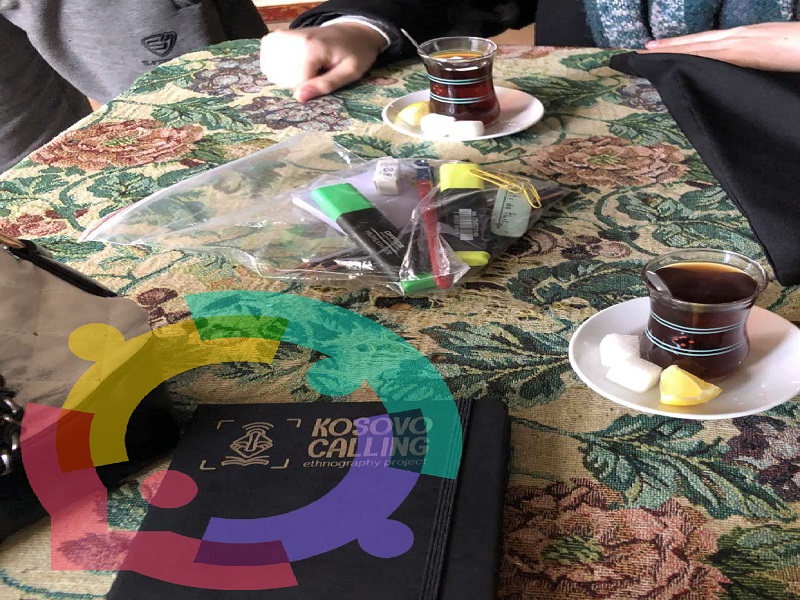Category: Blog Organizations: Alternativna , US Embassy , UNMIK , Kosovo United States Alumni (KUSA) Tags:
Kosovo has a diverse and rich culture, tradition and customs. Different communities, languages, folklore, traditional clothes... Just one part of this diversity are the culinary practices. Home-made bread, cultivation of cheese, tea drinking, making of rakija - all known, often practiced and for sure should be remembered.
Preservation of the traditional cultural practices and raising awareness about the value of a multicultural society with diverse practices are of a huge importance for every society. At the same time this richness can be explored through various means.
At the heart of the Kosovo Calling Ethnography Project lies an impulse to discover and preserve, with ethnographic tact and artistry, the rich oeuvre of cultural practices cultivated and passed on for generations by members of all communities in Kosovo.
Implemented through a collaboration between alumni of the U.S. Embassy Kosovo exchange programs, Arber Jashari and Milica Jakovljevic, and funded by the Kosovo United States Alumni (KUSA) organization through their Alumni Small Grants program. – antrfile
“Very often, by focusing on extraordinary events or special practices, we lose sight of the mundane and everyday activities that are intrinsic to our lives and give meaning to our relationships as human beings. For example, can you imagine how different life would be without the neighborhood bakery? Or how poorer it would be without the products of great artisans? I feel that many young people today, spending so much time in confined virtual spaces, do not recognize the importance of these everyday practices” - explains Arber Jashari one of the project implementer.
“The food on our tables: Documenting culinary practices in Kosovo" was the topic of 10 multimedia stories created by project participants which will be published as one of the project products.
The project participants were from different communities. Three workshops were held for 20 university student participants of various academic fields in the humanities, arts and social sciences. The workshops included day-long sessions on creative documentation techniques in ethnography, photography, video, and sound.
Participants assessed that the training was very productive since they had the opportunity to attend lectures by elite professionals in the fields of ethnography, photography and audio recording.
"The stories completed by student participants include practices from communities all over Kosovo; in some cases, they show how these practices are shared by different communities," adds Jashari.
The second part of the activities was working on the field in pairs of two and probably the most interesting.
Participants were offered funding and mentorship to conduct thorough research and fieldwork for their topics. They conducted fieldwork in various areas of Kosovo, from Hani i Elezit/Elez Han in the south, to Zubin Potok in the north also.
“Student participants conducted fieldwork among different ethnic communities, including a case of a Kosovo Albanian participant who documented the practice of cheese cultivation in a Kosovo Serb family in Novoberde/Novo Brdo,” explains Jashari.
On the other hand, all of the multimedia stories will be hosted on a multimedia website with a plan for an exhibition to be held when COVID-19 measures are eased.
"The Kosovo Calling multimedia website aims to serve as a small window to showcase Kosovo’s cultural diversity. We aim to continue with exploring other themes, through a diverse and holistic perspective, in the following years. The website will be hosted at kosovocalling.org," our interlocutor states.
One of the documentation will be about wine-making by two students who conducted fieldwork in Suhareke/Suva Reka and worked on documenting the wine-making process in a city factory:
“We spent various days in the field and then many more days editing the photos, videos and voice we recorded there. During fieldwork, many things came out that we did not expect, even though we thought we knew our city well… This experience taught us even more about wine in our city”.




